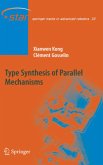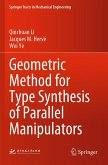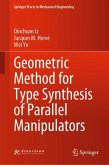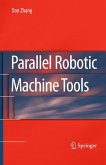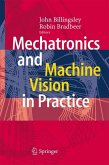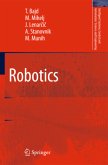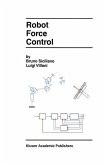This unique monograph focuses on the systematic type synthesis of parallel mechanisms (PMs), which is a key issue in the creative design of a wide variety of innovative devices based on PMs such as parallel manipulators, parallel kinematic machines (machine tools), motion simulators, haptic devices, micro-manipulators, and nano-manipulators. Type synthesis of PMs refers to finding all the types of PMs realizing a specified motion requirement. This book covers the classification of PMs and an efficient method for the type synthesis of PMs and also provides a large number of PMs ready to be used in practical applications. The synthesis approach is based on the concept of virtual chain and the elementary notions of screw theory. Using the proposed approach, families
of PMs are constructed from a set of compositional units. The approach is conceptually simple and easy to use. A general procedure for the mobility analysis of PMs is also presented in order to facilitate the understanding of any architecture of PMs. The prerequisite for this book is basic knowledge on linear algebra and kinematics. This book is appropriate for researchers, developers, engineers and graduate students with interests in robotics, creative mechanism design and screw theory.
of PMs are constructed from a set of compositional units. The approach is conceptually simple and easy to use. A general procedure for the mobility analysis of PMs is also presented in order to facilitate the understanding of any architecture of PMs. The prerequisite for this book is basic knowledge on linear algebra and kinematics. This book is appropriate for researchers, developers, engineers and graduate students with interests in robotics, creative mechanism design and screw theory.


